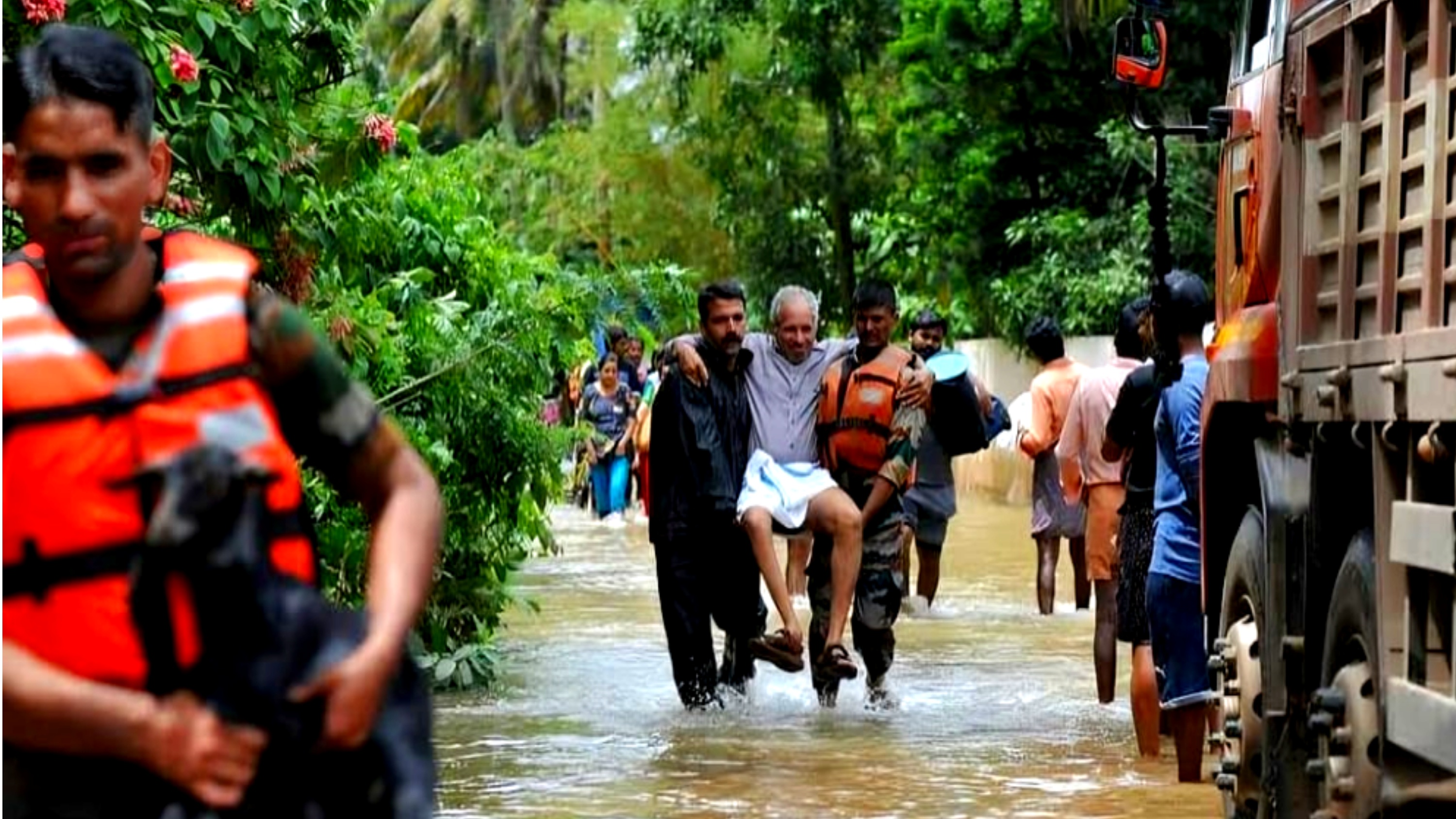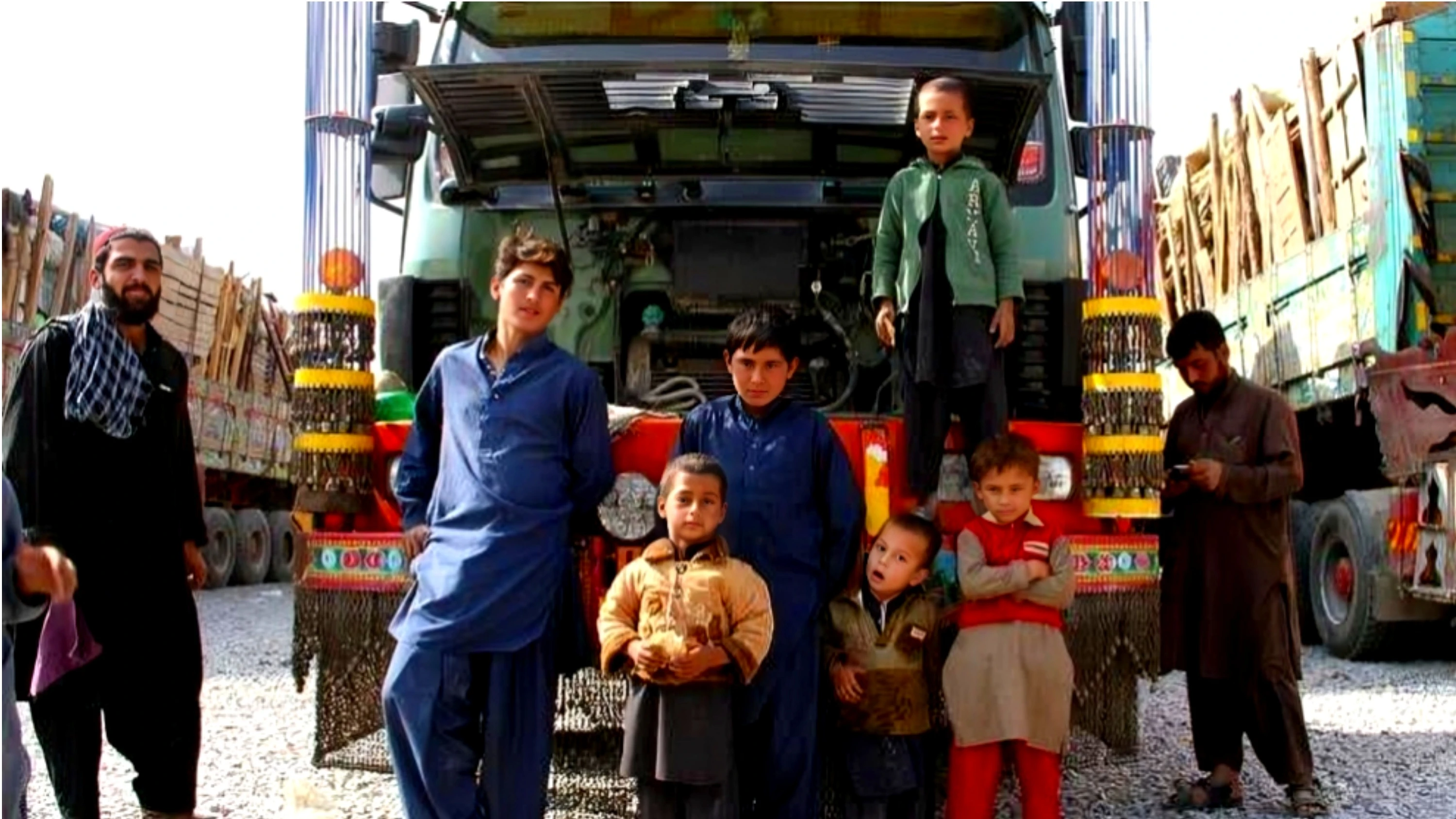Report: A new study by charity WaterAid has revealed that some of the world’s most densely populated cities are experiencing dramatic shifts between droughts and floods due to rising global temperatures.
The research, conducted by Cardiff University’s Water Research Institute, analyzed 42 years of weather data from over 100 major cities. It found that South and Southeast Asia are witnessing the most intense increases in rainfall, while Europe, the Middle East, and North Africa are becoming significantly drier.
"There are clear winners and losers in the face of climate change," said Michael Singer, one of the study’s authors. "And we’re already seeing these effects take hold."
Cities facing the most extreme fluctuations include Hangzhou in eastern China and Jakarta, Indonesia, both of which have endured prolonged droughts followed by severe floods.
About 15% of the surveyed cities, including Dallas in the United States, Shanghai in China, and Baghdad in Iraq, are experiencing simultaneous increases in flood and drought risks—posing major challenges for urban planning and water management.
"Climate change doesn’t discriminate based on wealth or infrastructure," Singer noted. "It impacts everyone, regardless of their preparedness."
Hangzhou, for instance, recorded over 60 days of extreme high temperatures last year while also suffering devastating floods that forced tens of thousands to evacuate.
The study also found that some cities, like Colombo in Sri Lanka and Mumbai in India, are becoming much wetter, while others, such as Cairo in Egypt and Hong Kong, are getting progressively drier.
Many cities that once invested heavily in flood control or water conservation may now need to rethink their strategies as their climate conditions shift.
However, not all changes have been negative—Tokyo, London, and Guangzhou in southern China have seen a stabilization of wet and dry months, indicating a more balanced climate over the past two decades.
The findings highlight the urgent need for urban areas to adapt their infrastructure and water management strategies to cope with the increasingly unpredictable climate.








